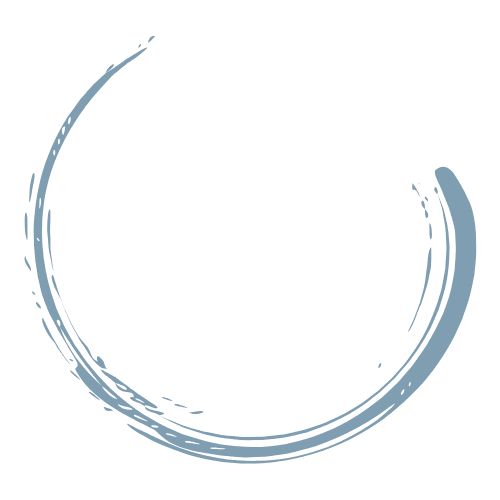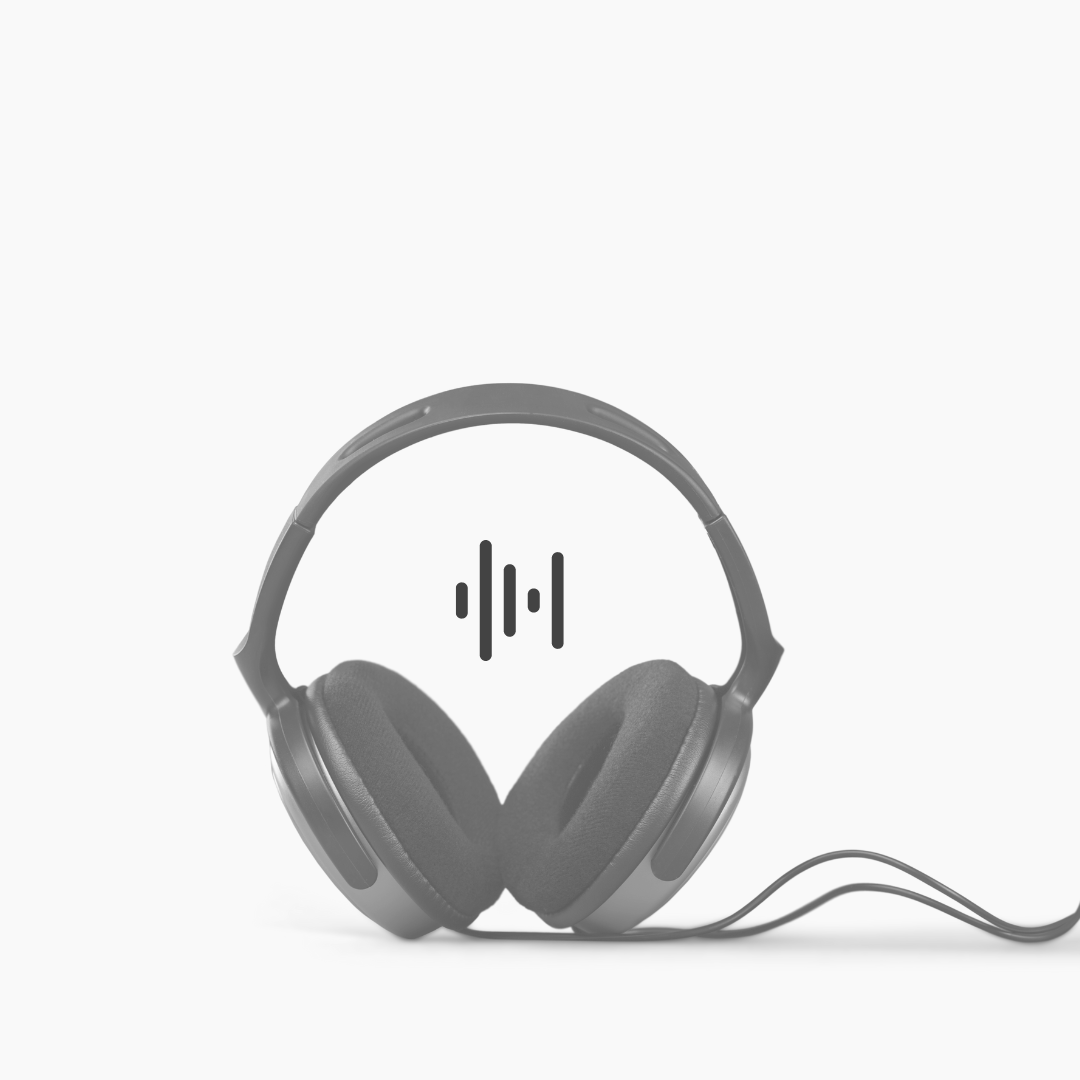
Chronic Stress is a Whole-Body Experience
And it deserves more than a quick fix.

Mind
Thinking Doesn't Always Help
A big part of stress is fueled by the mind. We worry about things that haven’t happened yet or replay past situations, creating stress through thought alone.
When we try to think our way out of the stress, it often backfires. Problem solving is very useful when calm, but in a stressed state, overthinking fuels the fire.
But what if you could learn to stop overthinking by tuning into your body?

Body
How to Feel better
How well do you feel your body? Can you sense its signals, do you trust them, can you respond with care? In Western culture, we often prize rationality over embodiment.
But your nervous system, including the brain, runs through your whole body. There is no such thing as seperating mind and body. They are one.
Sustainable recovery requires to feel the body and to move with your body.
Psychology Meets Yoga - Mind Meets Body
From insight, to embodied experience, to implementing lasting habits.
1Insight
I use science to spark your curiosity and understanding of what is going on in your mind and body, so you are better equipped to choose what you can do about it.
3Implement
I use the science of behavior change to help you implement these practices into your life and create habits that will last a lifetime. You can rest assured that burnouts are in your past.
"In the end, the most difficult part is how you implement things into your life, and we really worked on that together."
Clients share how my focus on implementation has worked for them.
"What really helped, is that we looked at my stress from all angles. You bring Mind and Body together, with a holistic method of coaching, and you can help people in different ways."
Clients share how I Integrate Experience and Insight, and how and why this part of my method has worked for them.
Next steps
Whether you're curious, overwhelmed, or ready: here’s how to start.
Get Insight
Are you curious to learn more about the topic of stress and practice with free resources, sign up for my blog and newsletter to get the latest topics I am working on in your mailbox.
Measure Your Stress
Are you unsure of what you are feeling, and how stressed you are? Take this scientifically approved Stress and Burnout test, and get your results emailed to you today.
Practice
Do you want science based insight and meaningful practices without doing intensive coaching, from the privacy and comfort of your own home? Follow one of my 1, 2, or 3 week audio courses.
Coaching
Would you like personal guidance in burnout recovery or prevention?
Find out more about personal coaching
Get in Touch!

Ask me a question
And I will get in touch with you as soon as possible...
Copyright Inge Wolsink 2025






